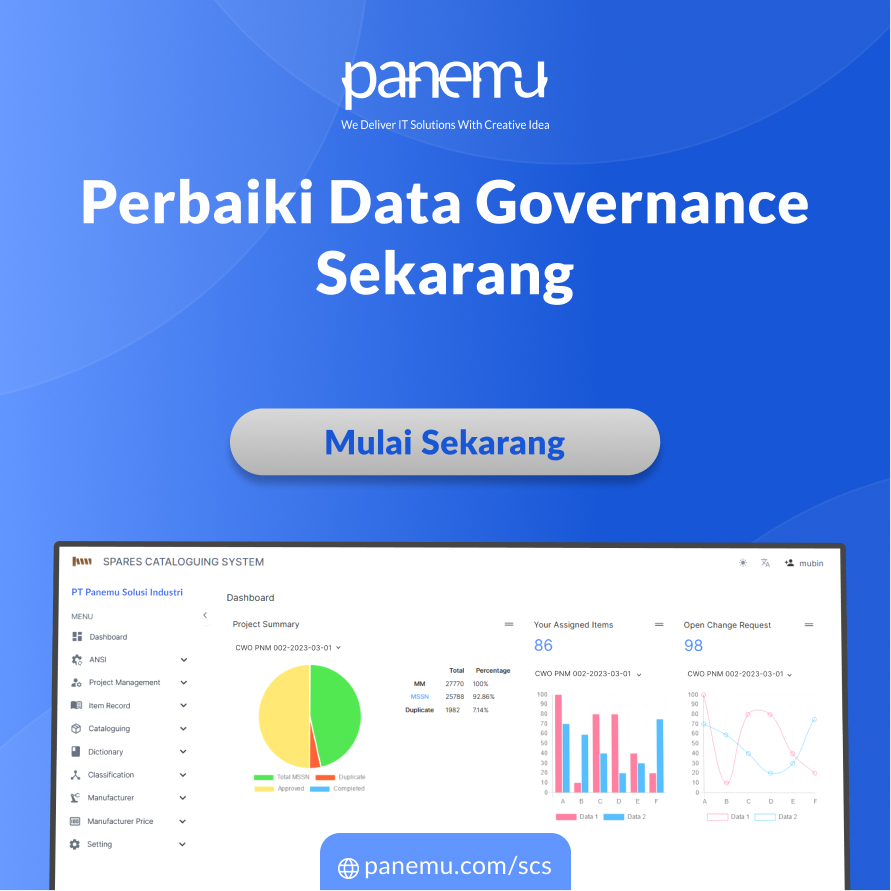In the business world, accounting plays a very important role as a tool for analyzing, recording and reporting financial information. However, accounting is not just about crunching numbers; it is the foundation of good decision making. There are two main types of accounting that are often focused on: financial accounting and managerial accounting.
Although both are related to managing financial data, the goals, functions and audiences of these two types of accounting are very different. In this article, we will review the basic differences between financial accounting and managerial accounting, as well as how companies can leverage both to achieve competitive advantage.
What is Financial Accounting?
Financial accounting is a branch of accounting that focuses on preparing financial reports for external parties, such as investors, creditors and regulators. This report is designed to provide a comprehensive overview of the company's financial position in a certain period.
Characteristics of Financial Accounting
1. Based on Applicable Accounting Standards
Financial accounting must follow generally accepted accounting principles, such as PSAK (Statement of Financial Accounting Standards) in Indonesia or IFRS (International Financial Reporting Standards).
2. Main Objective: External Reporting
The resulting information is intended for external users, such as shareholders, banks, or governments.
3. Historical in nature
Financial accounting focuses on historical data, namely recording what has happened in a certain period.
4. Standard and Structured Format
Financial reports such as profit and loss statements, balance sheets and cash flows must be prepared in a certain format in accordance with regulations.
Benefits of Financial Accounting
- Ensure company financial transparency.
- Becomes a financial performance evaluation tool for shareholders.
- Make it easier for companies to obtain funding or investment.
What is Managerial Accounting?
In contrast to financial accounting, managerial accounting focuses on providing information to managers and decision makers within the company. The data presented is used to help plan, control and evaluate business strategies.
Characteristics of Managerial Accounting
1. Not Bound by Accounting Standards
There are no rigid rules in managerial accounting. Information is presented according to company needs.
2. Main Objective: Internal Decision Making
Data is used by managers to make decisions regarding operations, strategy and resource management.
3. Prospective in nature
The focus is on future data to support planning and forecasting.
4. Format Flexibility
Reports in managerial accounting can be in the form of cost analysis, profit projections, or specific project performance reports, depending on internal needs.
Benefits of Managerial Accounting
- Helps management understand profitability per product or department.
- Support strategic decision making, such as budget allocation and pricing.
- Provide data for long-term planning and risk mitigation.
Comparison of Financial Accounting and Managerial Accounting
Practical Example: Financial Accounting vs. Financial Accounting Managerial Accounting
To understand the difference concretely, let's look at an example:
- Financial Accounting Cases:
A retail company prepares an annual profit and loss report to submit to shareholders. This report includes total revenue, costs, and net profit generated throughout the year.
- Managerial Accounting Cases:
Managers of the same company use sales data by product to analyze the profit margin for each item. As a result, they decided to stop producing low-margin goods and increase promotions on high-margin products.
How Does ERP Support Financial and Managerial Accounting?
Enterprise Resource Planning (ERP) systems such as Odoo ERP can be a very useful tool in supporting both types of accounting. Here is how ERP helps:
1. Data Integration for Financial Accounting
ERP integrates data from various departments, such as sales, purchasing, and production, into one system. This enables financial reports that are faster, more accurate and in accordance with accounting standards.
2. Analytics for Managerial Accounting
The ERP module provides sophisticated analytical tools, enabling managers to create custom reports, such as profitability analysis, cost analysis, and financial projections.
3. Process Efficiency
ERP automates many manual tasks, such as recording transactions and preparing reports, so that financial and managerial teams can focus on strategic analysis.
4. Data Real-Time
With ERP, management can access real-time data, both for external reporting needs and internal decision making.
Panemu: ERP Solution for Integrated Accounting
As the official Odoo ERP partner in Indonesia, Panemu offers ERP solutions that can be tailored to your business needs, both for financial accounting and managerial accounting.
Why Choose Panemu?
- Extensive Experience: Panemu has helped various types of businesses in Indonesia implement Odoo ERP.
- Complete Services: Starting from consultation, implementation, to training and technical support.
- Customized Solutions: Panemu ensures your ERP system is designed to meet your company's unique needs.
Conclusion
Financial accounting and managerial accounting have complementary roles in companies. Financial accounting ensures transparency and accuracy of reports for external parties, while managerial accounting helps management make strategic decisions based on in-depth data analysis.
To maximize the benefits of both types of accounting, an ERP system like Odoo is the ideal solution. With Panemu's help, your company can integrate more efficient accounting processes and support business growth.
Contact Panemu now for a free consultation and discover how ERP can help your company achieve success!

